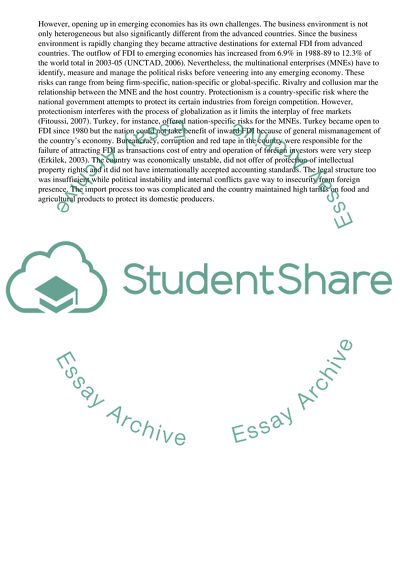Cite this document
(Ross-Border Transactions and Businesses Dissertation - 1, n.d.)
Ross-Border Transactions and Businesses Dissertation - 1. Retrieved from https://studentshare.org/business/1752444-globalisation-the-world-economy-and-mnes-macroeconomic-issues-in-globalizationpeter-dicken-describes-the-relationships-between-multinational-firms-and-states-as-uneasy-critically-assess-the-sources-of-conflicts-with-elements-of-rivalry-and-coll
Ross-Border Transactions and Businesses Dissertation - 1. Retrieved from https://studentshare.org/business/1752444-globalisation-the-world-economy-and-mnes-macroeconomic-issues-in-globalizationpeter-dicken-describes-the-relationships-between-multinational-firms-and-states-as-uneasy-critically-assess-the-sources-of-conflicts-with-elements-of-rivalry-and-coll
(Ross-Border Transactions and Businesses Dissertation - 1)
Ross-Border Transactions and Businesses Dissertation - 1. https://studentshare.org/business/1752444-globalisation-the-world-economy-and-mnes-macroeconomic-issues-in-globalizationpeter-dicken-describes-the-relationships-between-multinational-firms-and-states-as-uneasy-critically-assess-the-sources-of-conflicts-with-elements-of-rivalry-and-coll.
Ross-Border Transactions and Businesses Dissertation - 1. https://studentshare.org/business/1752444-globalisation-the-world-economy-and-mnes-macroeconomic-issues-in-globalizationpeter-dicken-describes-the-relationships-between-multinational-firms-and-states-as-uneasy-critically-assess-the-sources-of-conflicts-with-elements-of-rivalry-and-coll.
“Ross-Border Transactions and Businesses Dissertation - 1”, n.d. https://studentshare.org/business/1752444-globalisation-the-world-economy-and-mnes-macroeconomic-issues-in-globalizationpeter-dicken-describes-the-relationships-between-multinational-firms-and-states-as-uneasy-critically-assess-the-sources-of-conflicts-with-elements-of-rivalry-and-coll.


